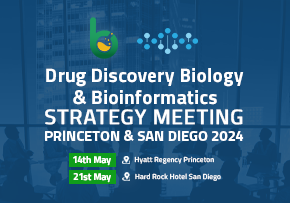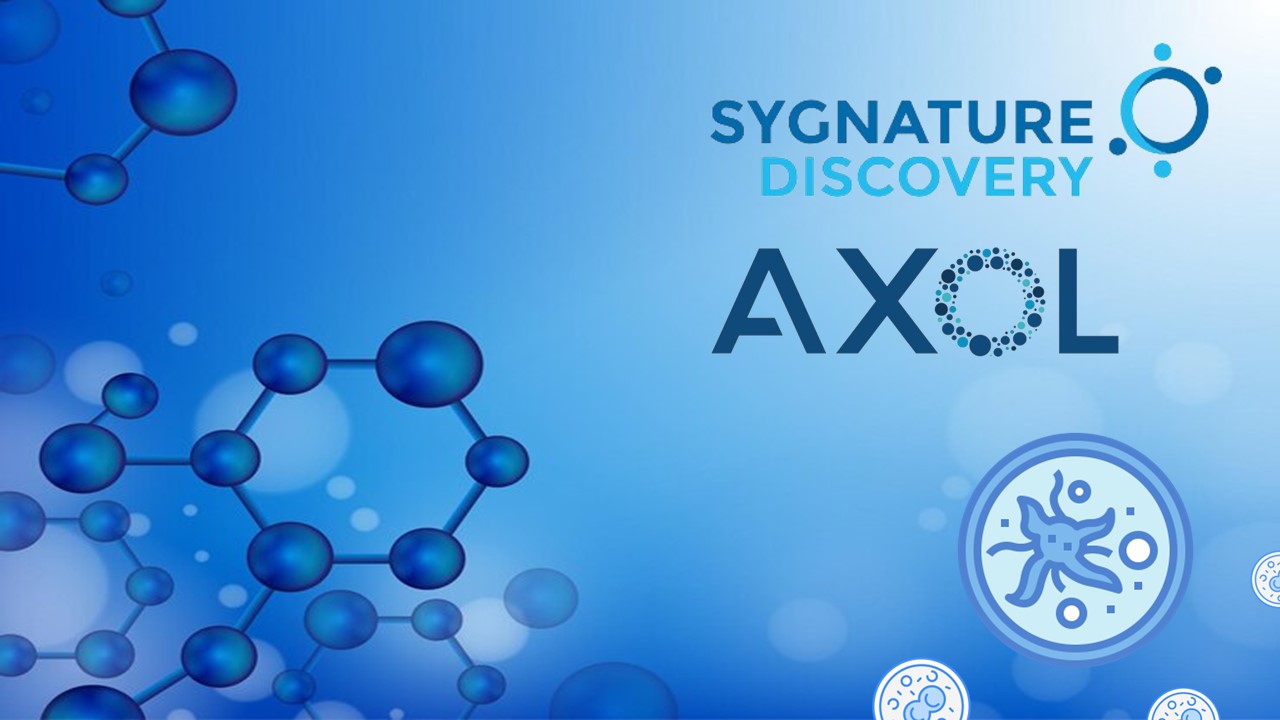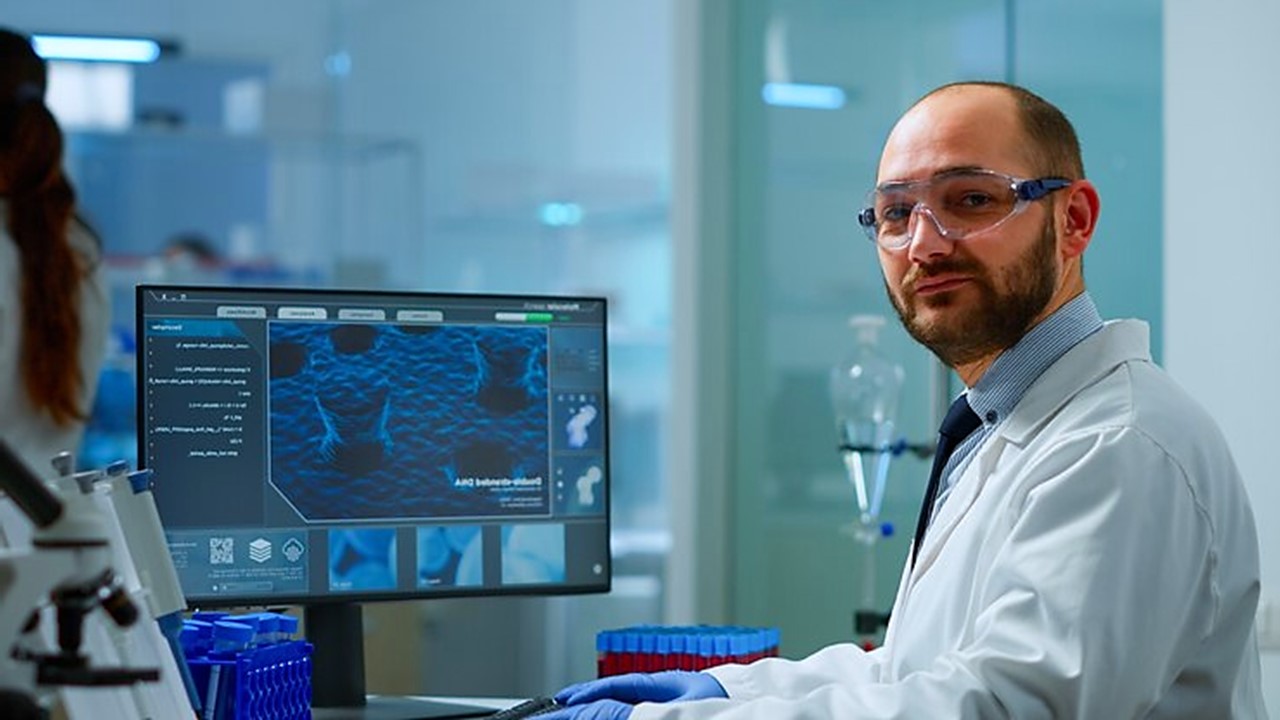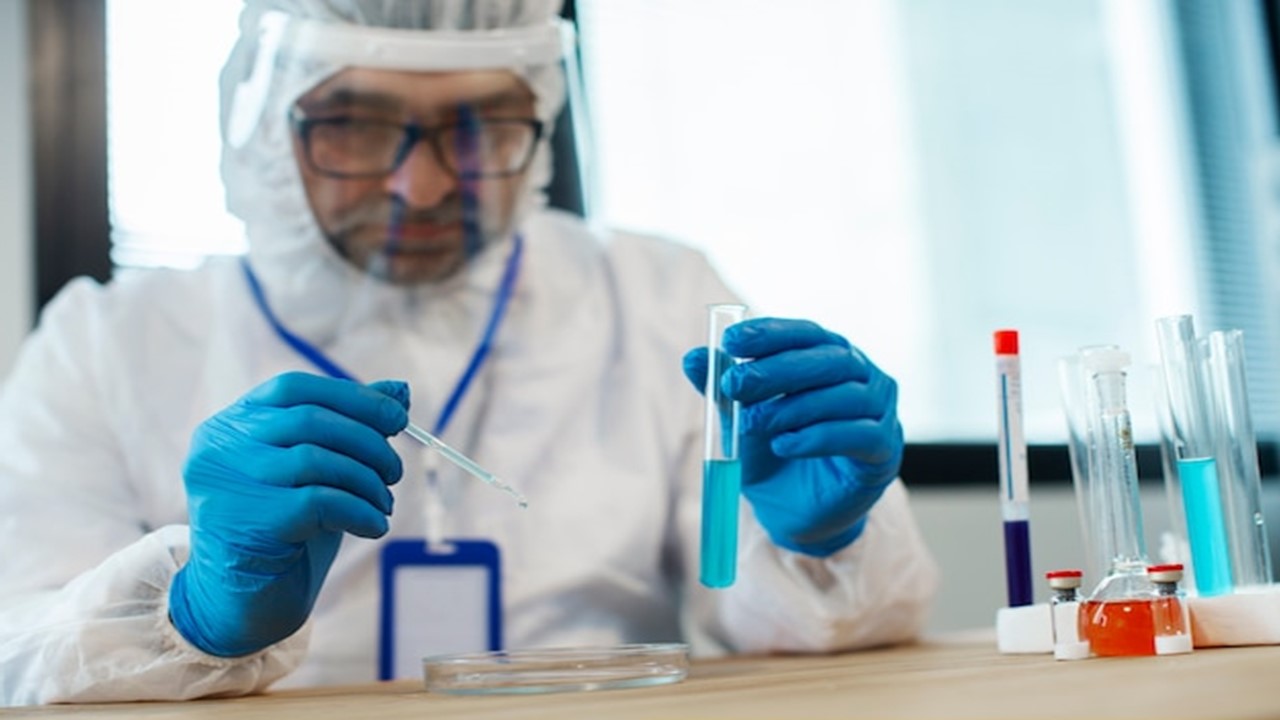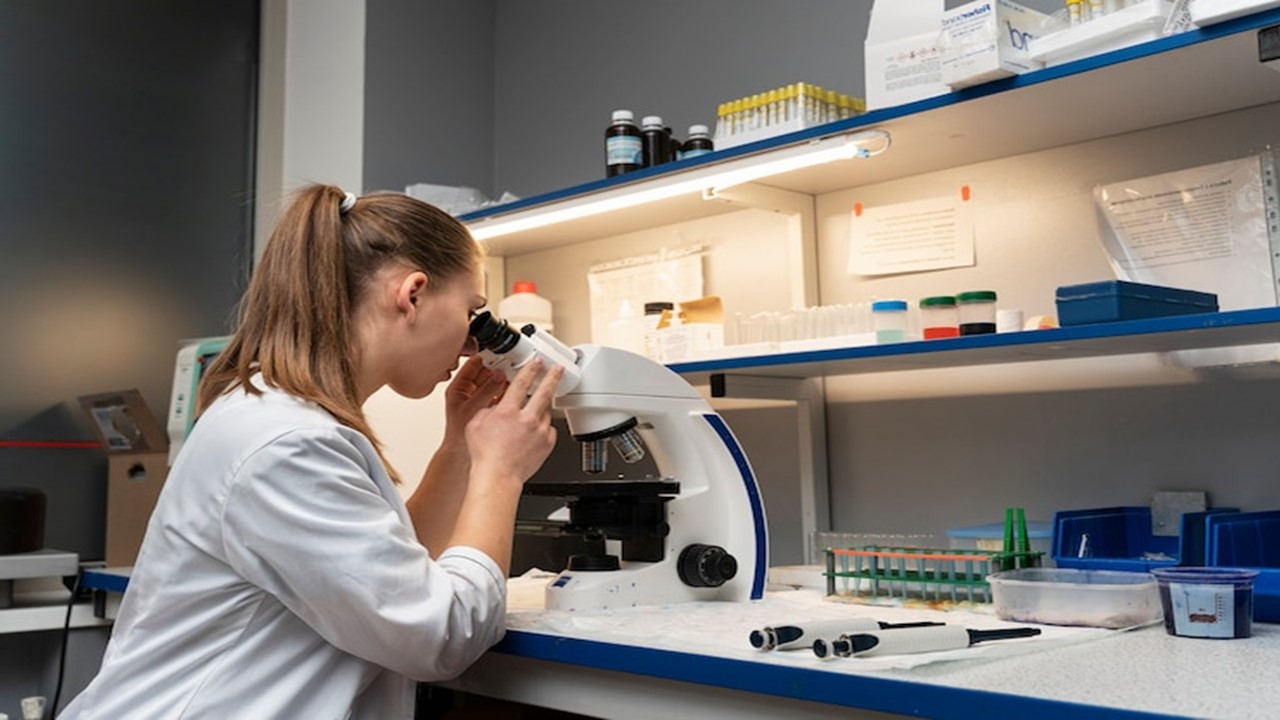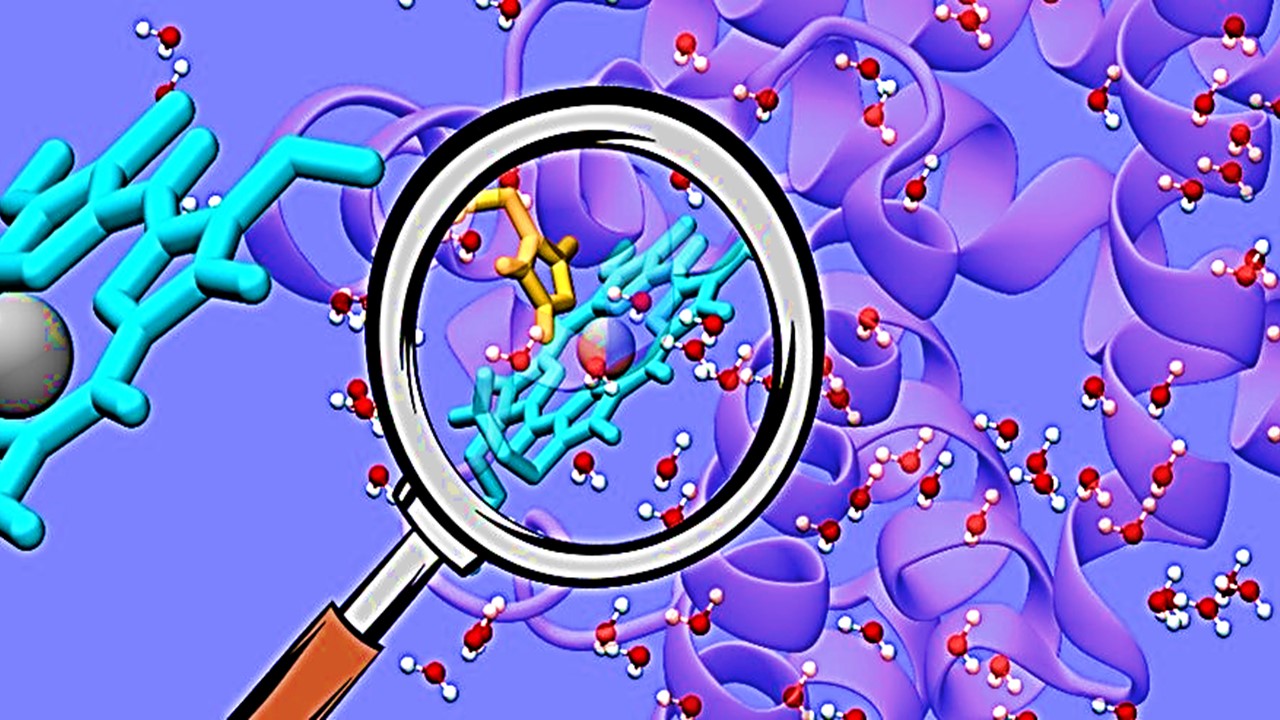physIQ and CellCarta embark on personalized vaccine developments
17-Mar-2022
physIQ, a leading digital health firm specializing in personalized physiology analytics, has announced plans to work with CellCarta for personalized vaccines. The two companies have already completed enrolment for a trial to study the effects of vaccines on individual immune systems and physiologies, in contrast to traditional vaccine studies which observe the effects of immunization across large populations. The study aims to establish detailed characterizations of how the vaccines work to induce immunogenicity, as well as their reactogenicity. The study will make use of medical-grade wearable biosensors rather than consumer smart technology, making use of accurate, real-time evidence to reinforce data quality. Dr Scott Sugden, Immunologist at CellCarta, highlighted the importance of the study for future vaccine development:
“We are excited to generate new potential insights into what makes a successful vaccination at the individual level. By evaluating the correlation between immediate physiological responses, antibody production and cellular immunity, the project will seek to define potential new metrics for rapid assessment of successful vaccination, which could ultimately lead to more effective vaccination strategies for everyone, including the most vulnerable, at-risk populations”
Siemens partners with Triastek to make further inroads in digital health
17-Mar-2022
Siemens has announced a new collaboration with Chinese startup Triastek in order to reinforce its digital health offerings. Triastek has developed a leading 3D printing precision medicine platform as well as production facilities for their manufacturing – having been the first company to do so in China. Triastek also focuses on advancing more intelligent manufacturing methods and supply chains, using digital technologies. As part of the move, the two companies hope to develop a stronger platform to facilitate paperless production, real time product release, facility maintenance – and other supply chain improvements to improve production quality. The partnership will also involve the establishment of an intelligent pharmaceutical center which will closely integrate cutting-edge technologies to the manufacturing process. Representatives from both companies expressed optimism in implementing Pharma 4.0 and utilizing the promise of novel technologies to delivery transformational impacts to the industry.
Sanofi intensifies ADC efforts in collaboration with Seagen
16-Mar-2022
French pharma giant Sanofi is poised to increase its efforts in Antibody-Drug Conjugates (ADC) in a collaboration with Seagen. The two parties will co-develop up to three targets for ADC – with one target already designated. Although the exact terms of the deal were not revealed, both parties will be jointly responsible for development and share equally in profits – with Sanofi making payments to Seagen as each target is selected. The move marks a desire by Sanofi to step up its efforts in the ADC space, as the company only has one ADC candidate in its pipeline so far – tusamitamab, which is currently in Phase III trials for non-small cell lung cancer. Seagen’s proprietary ADC platform is expected to offer marked increases to Sanofi’s efforts in the field, as expressed by Seagen CEO, Clay Siegall:
“Jointly developing novel ADCs by combining antibodies from Sanofi with Seagen’s proprietary ADC technology, aligns with our strategic priorities to expand the global potential of our pipeline with new first- or best-in-class programs.”
AbbVie turns to Scripps Research in antiviral venture for COVID-19
15-Mar-2022
Pharma giant Abbvie and Scripps Research, one of the most reputable non-profit institutes for biomedical research, have announced a new partnership through which they will join efforts for the discovery of new antivirals to target SARS-CoV-2. This will take advantage of the existing COVID-19 programme at Scripps, which was initially funded through the Bill & Melinda Gates Foundation. Further transaction terms were not revealed, and remain subject to regulatory approvals. Nevertheless, Tom Hudson, the Chief Scientific Officer at AbbVie, expressed the importance of unrelenting efforts for developing diverse treatments for COVID-19:
“Constant change is something we’ve experienced throughout the COVID-19 pandemic, with the emergence of many new variants and the evolving needs of treatment options to combat more contagious, aggressive and severe strains of the virus. We are committed to bringing differentiated, next generation oral antiviral treatments to patients and ensuring broad access to address the diverse treatment needs around the world”
Eisai to turn rights to Aduhelm over to Biogen
15-Mar-2022
Eisai recently announced that the rights for Aduhelm, an Alzheimer’s Disease treatment co-developed with Biogen, will be fully transferred to Biogen. The move was explained by the need for operational efficiency, agility and flexibility in addressing market developments for the treatment. This may not be surprising considering the controversy Aduhelm and its potential side-effects have generated, particularly after questions were raised over the integrity of the FDA’s decision to approve it. Eisai will continue to receive royalties from the sale of Aduhelm, which are expected to increase after Biogen released data from long-term studies showing significant efficacy for the drug. Aduhelm has not yet been approved by the EMA, nor has CMS made a decision on whether the treatment will be covered by Medicare and Medicaid so far. These developments justify the need for a more flexible supply and decision-making hierarchy for Aduhelm, while allowing Eisai to focus on other drug candidates that were part of their original collaboration with Biogen.
Sanofi partners with Blackstone for multiple myeloma
15-Mar-2022
Sanofi has announced plans to work with Blackstone for investments through Blackstone Life Sciences that will contribute up to €300m for global studies and clinical development efforts against multiple myeloma. Specifically, the investments will be utilized by Sanofi’s anti-CD38 antibody, Sarclisa, as part of efforts investigating a subcutaneous formulation of the product. As part of the deal, Blackstone will also receive royalties from future sales of the product, should it be successful. Sarclisa is already approved for intravenous use in some patients with relapsed multiple myeloma. John Reed, Global Head of Research and Development for Sanofi, highlighted the advantages of a subcutaneous delivery mode and its potential to revolutionize the treatment:
“The collaboration with Blackstone will accelerate our ability to offer patients a subcutaneous anti-CD38 antibody therapy that we believe will be innovative and more convenient. We are committed to building an industry-leading, sustainable pipeline with a steady stream of new therapies that have the potential to transform the practice of medicine”
Merck & Co. will work with Imugene for novel oncology treatments
15-Mar-2022
Imugene, a firm concentrating on cancer immunotherapy, has announced a new partnership with Merck & Co (MSD). for the investigation of a combination therapy in gastric cancer. The therapy will consist of Imugene’s HER-Vaxx, which seeks to activate B-cells, in addition to MSD’s Keytruda (pembrolizumab) – a PD-1 blocking immune checkpoint inhibitor. The therapy will be investigated in an open label, Phase 2 trial, called nextHORIZON. The combination therapy will be compared to HER-Vaxx in combination with chemotherapy. The patient population will have metastatic HER-2/neu over-expressing gastric or gastroesophageal junction adenocarcinomas which did not respond to Herceptin (trastuzumab). As part of the agreement, Imugene will remain responsible for the clinical trials, while MSD will supply Keytruda for the investigations. Combination therapies are expected to provide increased efficiencies in immune-based treatments, providing multiple obstacles to treatment resistance and increased immune activation. However, honing in on the patient populations that will prove to be responsive remains a challenging aspect of trial design.
Pfizer finishes purchase of Arena Pharmaceuticals
11-Mar-2022
Pfizer has made public the completion of its acquisition of Arena Pharmaceuticals. The merger is expected to reinforce Pfizer’s portfolio in immuno-inflammatory disease, with Arena bringing several development-stage investigational products with it. The most promising of these, etrasimod, is an oral, selective sphingosine-1-phosphatase (S1P) receptor modulator – which is currently being investigated in its use for alopecia areata, Crohn’s disease, ulcerative colitis, atopic dermatitis and eosinophilic esophagitis. In addition to etrasimod, Pfizer will also be acquiring APD418, which is being developed to address acute heart failure, and temanogral for microvascular obstruction and Raynaud’s phenomenon. The total equity value of the transaction was ~$6.7b, signifying the high value of Arena’s pipeline – as emphasized by Mike Gladstone, Global President & General Manager, Pfizer Inflammation and Immunology:
“We are excited to add the impressive experience and pipeline of Arena Pharmaceuticals to Pfizer’s Inflammation and Immunology therapeutic area, helping us further our purpose of developing breakthroughs to change the lives of those with immuno-inflammatory diseases”
Nick Zoukas, Former Editor, PharmaFEATURES
Subscribe
to get our
LATEST NEWS
Related Posts
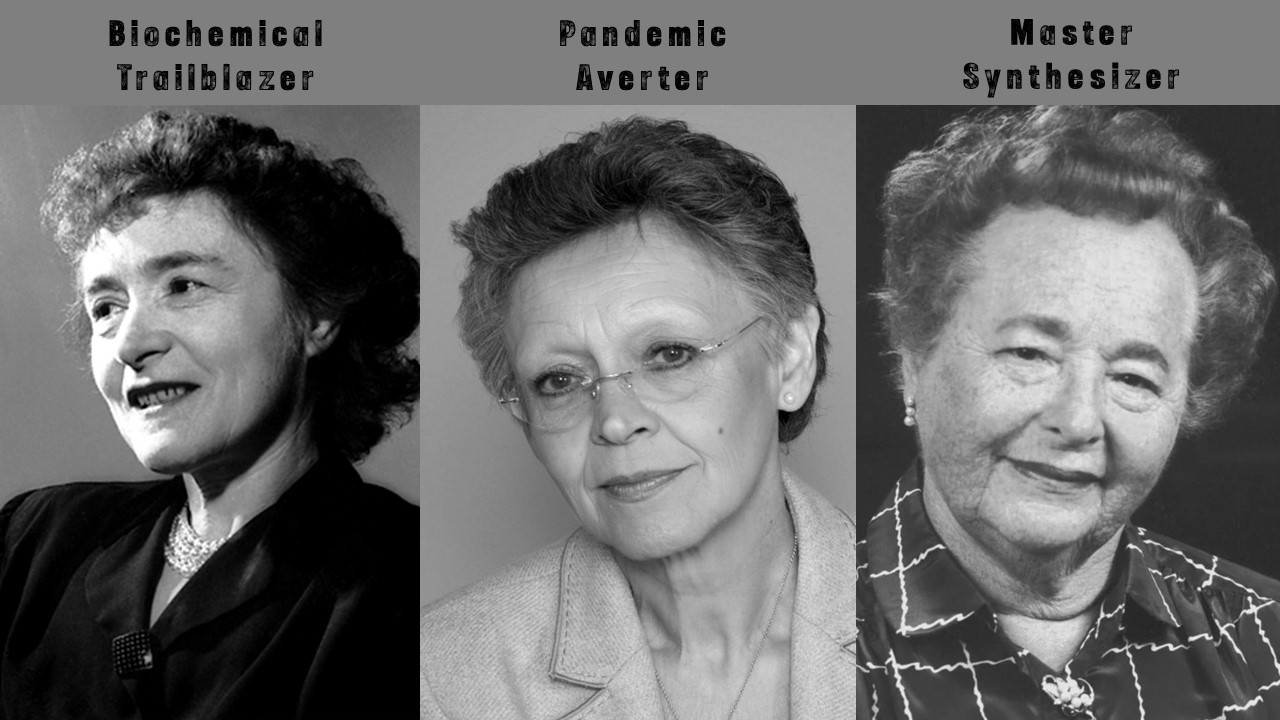
Leadership, Trends & Investments
The Immigrant, The Career-Undecided, and The Supermarket Supervisor-turned-Scientist
Learn more about the 1947, 1988, and 2008 Physiology or Medicine Female Nobel Laureates.

Leadership, Trends & Investments
Breaking Barriers in Radiopharmaceuticals: The Pioneering Leadership of Roseanne Satz
Roseanne Satz breaks barriers with her commitment to diversity and innovation in radiopharmaceuticals.

